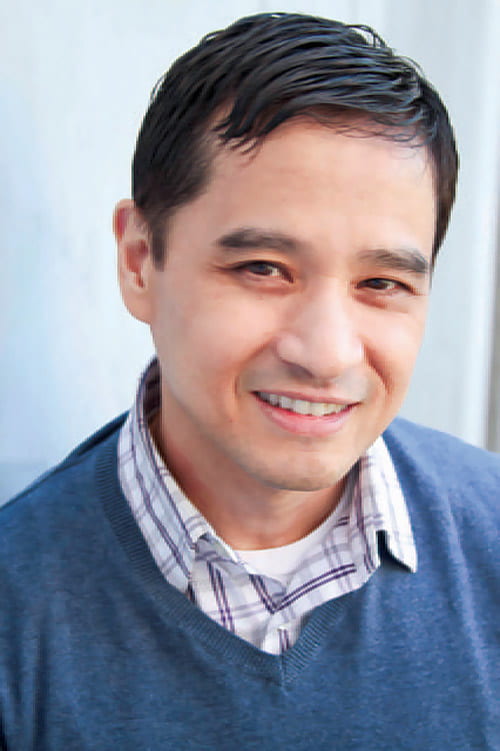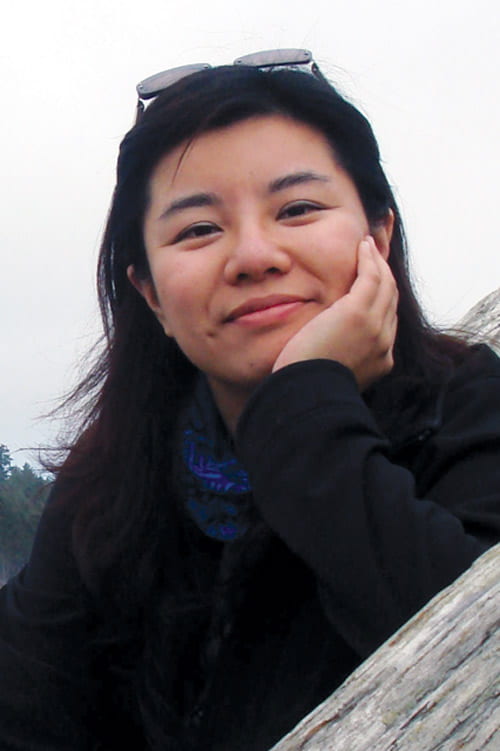Two San Jose State Occupational Therapy professors have received national recognition from the American Occupational Therapy Association (AOTA). Assistant Professor Luis de Leon Arabit and Associate Professor Megan C. Chang have been named AOTA fellows, an honor that recognizes occupational therapists who have made significant contributions to the profession with a measured impact on the consumers of occupational therapy services and/or members of the Association. Arabit is recognized as an “occupational therapy expert clinician, leader and advocate,” while Chang is being honored for “supporting the profession through evidence-based research.”

SJSU Occupational Therapy faculty member Luis de Leon Arabit has been named an American Occupational Therapy Association Fellow. Photo courtesy of Luis Arabit.
Arabit says that occupational therapists are health professionals and experts who help improve and support people across the lifespan in their everyday activities or “occupations,” which includes self-care, work, leisure, play, physical activity, sleep and much more.
“When you participate in meaningful activities that occupy your time and your life, it stimulates and promotes your own physical and mental health,” says Arabit, who specializes in neurorehabilitation and physical rehabilitation. He holds numerous certifications in practice, including board certification in physical rehabilitation and neurorehabilitation as well as neuro-developmental treatment techniques.
Growing up in the Philippines, he was first introduced to the field after his grandfather suffered a stroke and was treated by an occupational therapist. A practitioner and clinician for many years, Arabit transitioned into academia because he has a passion for teaching and loves working with students who share his goal of helping clients live their healthiest lives. He is an advocate and leader of the occupational therapy profession, serving in volunteer leadership positions as a former vice president and chair of the Advocacy and Government Affairs Committee of the Occupational Therapy Association of California. He serves on the American Occupational Therapy Political Action Committee, where he is director of the western region states.
“If there is a piece of legislation that affects our practice or affects the way we deliver care for our clients, or if we are prevented or limited from providing certain treatments, then our clients suffer,” Arabit says. “That’s the reason I became an advocate for clients, as well as for the occupational therapy profession.”
Chang says that occupational therapists help people increase their quality of life by overcoming barriers that might impede daily activities. She worked in a hospital daycare in Taiwan where she collaborated with a psychiatrist and a music therapist to create a music therapy group for young adults living with intellectual disabilities, including those with schizophrenia, bipolar disorder and depression. Chang observed that many of the young adults exhibited sensory processing issues and wondered how occupational therapists could best support clients by assessing their senses. While pursuing her PhD at USC, she worked in the department of Public Health, where she developed research skills in biostatistics that later translated into her own academic pursuits. Her work revolves around “the three Ss: sleep, sensory processing and stress.”

Megan Chang is one of two SJSU faculty members to receive an AOTA fellowship. Photo courtesy of Megan Chang.
“Occupational therapists also help disease prevention,” says Chang. “We focus on mind and body interactions and adopt a holistic approach.”
Chang has collaborated with SJSU Lecturer Rochelle McLoughlin, ’00 MS Occupational Therapy, on the Mindfulness-Based Healthcare and Human Services (MBHH) Advanced Certificate Program, which is designed to help healthcare providers integrate mindfulness skills into their personal and professional lives. Chang has also recruited students to help her research how to assess sensory processing disorders in adults—a gap in OT research that she believes needs to be addressed. She wants to cultivate a love for research in her students, both for their growth and for the benefit of their future clients.
“My students are scholar-practitioners, which means they not only collaborate on research projects, but they can be research producers,” she says. “They can contribute to the field with clinical expertise. Students are our future and I am glad that that I get a chance to be a small part of their learning process and OT journey. I have learned a lot, not only from my mentors and colleagues, but also my students. They enrich my occupational experience and nourish my research soul.”
Arabit and Chang join Assistant Professor Deborah Bolding, Professor Heidi Pendleton, Associate Professor Gigi Smith and Department Chair Winifred Schultz-Krohn, current OT faculty who have also been honored with this prestigious award.
